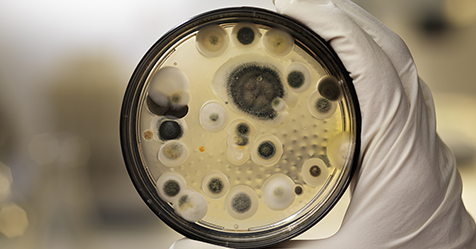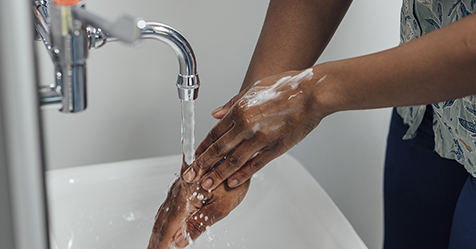Miami Facility Goes to the Dogs for COVID-19
American Airlines Arena is using coronavirus-detection dogs to screen guests and employees
Dogs have been trained to detect drugs, weapons, and explosives on individuals. Last spring dog-handling experts began training dogs to determine if they can detect people with COVID-19.
The use of coronavirus-detection dogs officially began last fall as dogs began screening airline passengers for coronavirus at some airports by sniffing a cloth dabbed on human skin. Now these dogs also are being used at stadiums to screen fans. American Airlines Arena in Miami is using this experimental screening as guests and employees arrive at the facility, CNN reports. NBA team Miami Heat, which plays at the arena, became the first NBA team to employ coronavirus-detection dogs.
Matthew Jafarian, Heat executive vice president for business strategy, told CNN that the team first came upon the idea to use dogs when researching how to bring back fans safely into the arena after limiting participants to the “NBA bubble.” The team is using dogs from a company called SNIFF. Before rolling out the plan to the public, Heat officials “learned a lot” testing the dogs on a smaller scale to screen stadium and team personnel, according to Jafarian.
Before entering the stadium, fans will line up, keeping their hands to their sides. The dogs will walk by each person, and any person they pass without stopping is clear to enter the arena. However, if a dog stops and sits next to an individual, that means the person might have COVID-19. That person and their party will not be allowed to enter the arena and will receive a refund as well as additional health and safety information.
Although the dogs have been used in some airports and public transportation facilities, it is still unclear whether they can 100% reliability detect COVID-19 in people.
“I think it’s so new and novel that we have yet to determine how effective it is and how reliable the canines are at detecting these types of things,” said Douglas Kratt, DVM, president of the American Veterinary Medical Association. “But it is very exciting to see that we could have another tool in detecting coronavirus.”


